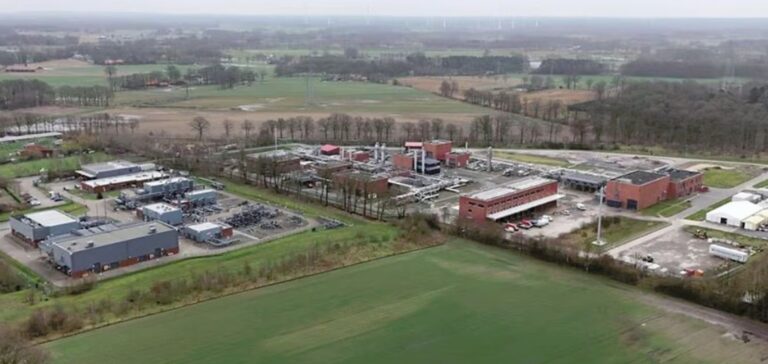Hydrogen, as a clean, storable and transportable energy carrier, is crucial for balancing fluctuations in renewable energy production. Hydrogen storage provides consumers with structured supply products, contributing to the stability of the energy grid.
Market survey objective
RWE Gas Storage West has launched a non-binding market survey to design hydrogen storage facilities to meet future needs. The results of this survey will be used to develop customized storage capacities, essential for planning future investments. Interested parties can submit their requirements via the RWE website.
Development of the first industrial-scale plant
RWE Gas Storage West is developing the first industrial-scale hydrogen storage facility in Gronau-Epe, North Rhine-Westphalia, Germany. The project is part of the IPCEI Hydrogen program, supported by federal and state funding. An investment decision will be taken as soon as a concrete grant notification is received.
Impact on the energy transition
Hydrogen storage plays a central role in Europe’s energy transition. By balancing the production of renewable energy and ensuring a stable supply to consumers, it contributes to the decarbonization of the energy sector. RWE’s Gronau-Epe project is an example of the company’s commitment to sustainable energy solutions.
Future prospects
RWE continues to strengthen its commitment to hydrogen as a pillar of the energy transition. By investing in large-scale storage infrastructures, the company is positioning itself as a leader in supporting European decarbonization initiatives.
RWE Gas Storage West’s market survey represents an important step towards the development of hydrogen storage capacity in Europe. By identifying future needs and developing appropriate solutions, RWE makes a significant contribution to the energy transition and the stability of the European energy grid.






















